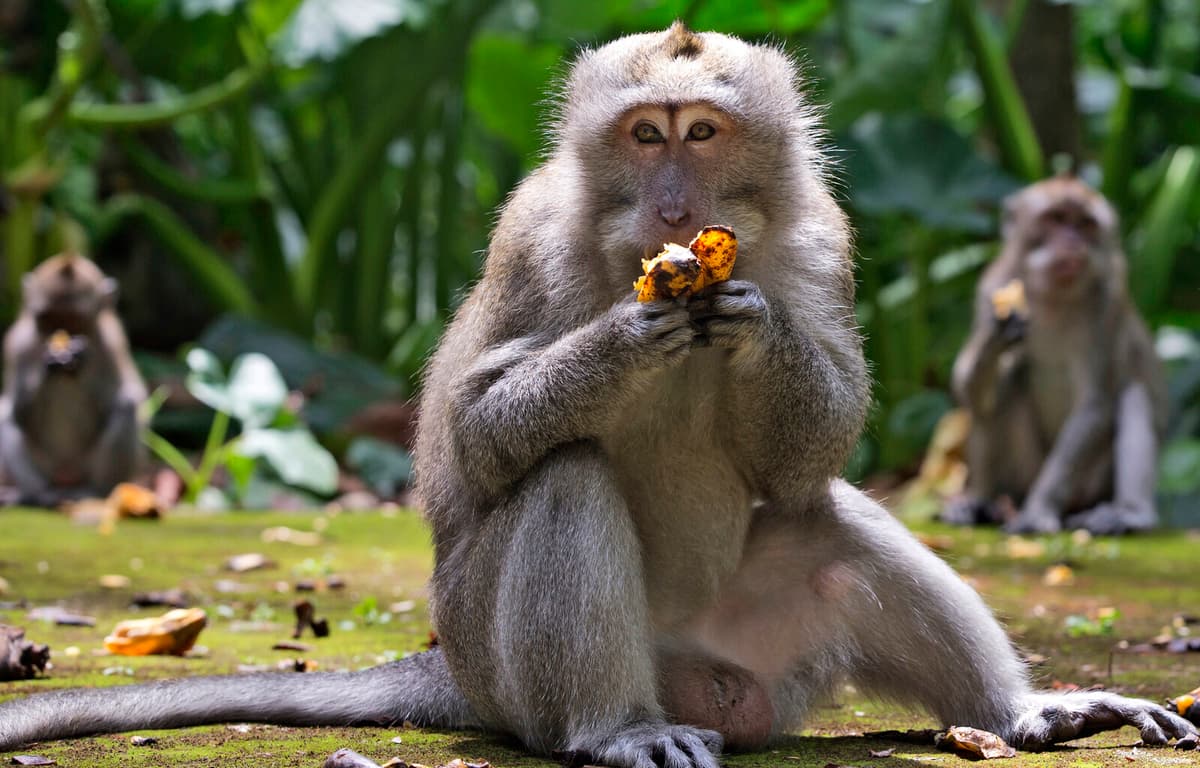It is a sophisticated scam: first they steal sunglasses, mobile phones and other valuables from tourists, then they run out of reach for those affected. When the goods arrive – fruit, cakes or other edible things – they exchange the valuables for food.
Every week, the long-tailed macaques steal large quantities of belongings from tourists visiting the Uluwatu temple on the Indonesian island of Bali. Everything happens completely openly, in broad daylight and has been going on for decades without anyone being able to stop it, reports the Wall Street Journal.
The monkeys have taken over the temple, says Londoner Jonathan Hammé, who was robbed of his sunglasses when he visited the temple.
"Criminal gang"
The monkey took the glasses and disappeared up a tree. A temple guide helped him get the glasses back by giving the monkey cakes.
I did not expect the monkeys to act like a criminal gang that took everything, says Jonathan to the Wall Street Journal.
The long-tailed macaques have been stealing people's valuables for decades at the temple, which is known for its view of the Indian Ocean and traditional fire dance performances. The Balinese Hindu temple is said to have existed since the 12th century and the approximately 600 monkeys that live there are considered by the local population to be the temple's sacred guardians.
Has been going on for a long time
Researchers have discovered that the macaques steal belongings to use as currency to buy food from humans. Some of the monkeys can distinguish between what is valuable and what is cheap.
In many cases, tourists who are robbed must seek help from the temple's monkey handlers, so-called "pawang" who negotiate with the monkeys. Ketut Ariana, who has worked at the temple for two decades, says the animals steal five to ten mobile phones a day.
There are different theories about when and how the thefts began. According to Ariana, they started long before tourists came to the place. They used to steal jewelry from people who came to the place to pray. Now they steal glasses and mobile phones.
It really gives me a headache, says 52-year-old Ariana to the newspaper.






